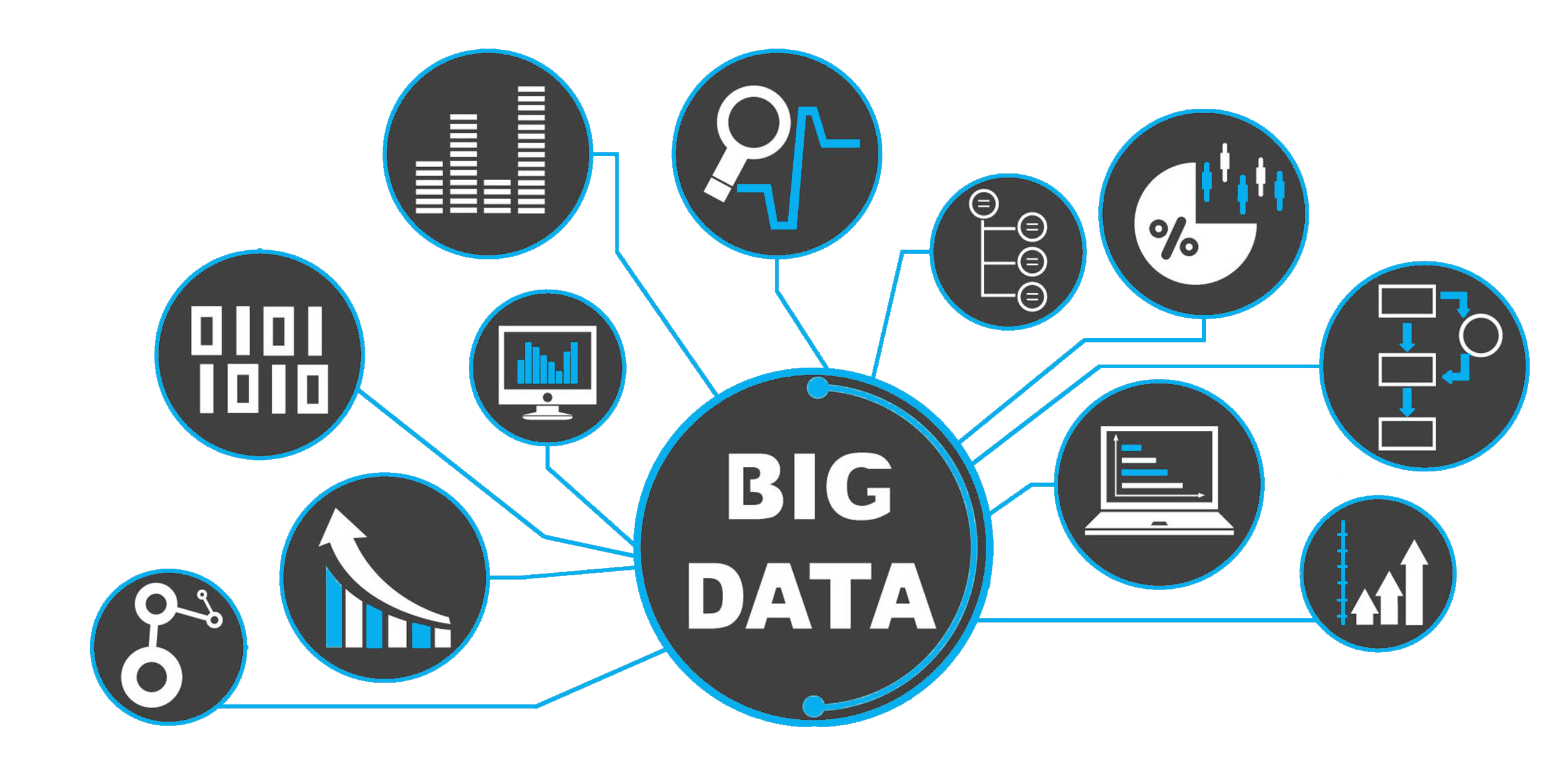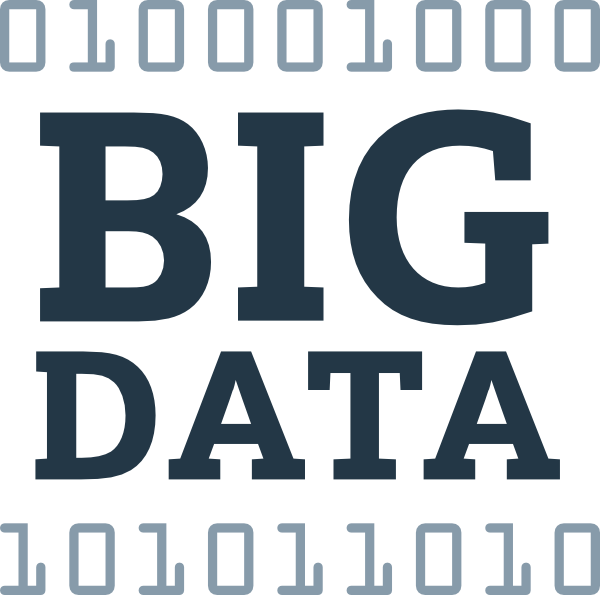Big data is knowledge
The term “Big Data” may have been around for some time now, but there is still quite a lot of confusion about what it actually means. In truth, the concept is continually evolving and being reconsidered, as it remains the driving force behind many ongoing waves of digital transformation, including artificial intelligence, data science and the Internet of Things.
Big data refers to a process that is used when traditional data mining and handling techniques cannot uncover the insights and meaning of the underlying data. Data that is unstructured or time sensitive or simply very large cannot be processed by relational database engines. This type of data requires a different processing approach called big data, which uses massive parallelism on readily-available hardware.
So here lies the question, where do we start?

Starting your Big Data project
Start Slow
At Scopo Corp we beleive there are several key success factors for implementing big data initiatives. Among them: start slow. Begin with a proof of concept or pilot project. Choose an important area where you want to improve your decision making but one that won't greatly impact. Let this initial answer the business problem you are trying to solve. Our project's are operationalized only after the findings have been proven valuable and feasible from the point of view of your business model, meet compliance demands, and are technologically sound.
.
Do not force a big data solution approach if the problem statement does not need it. At Scopo Corp we have the right skills and expertise that enables us pass on fundamental knowledge of your big data initiative to your employees. We make sure you leveraging the right available internal and external data.
Collaborate with Your Business Objectives in Mind
.
We beleive effective collaboration requires effective communications. For example, consider a business intelligence team that built a model to predict customer churn. They considered it a "fantastic" project based on hypothetical cases. The marketing department thought the model was a disaster because it wasn't 100 percent accurate. If you have a data science team that says they built a great model and a marketing team that says the model doesn't work, you have either serious people gaps or communication gaps. You must close these gaps before you begin your project. .
Have the right data
To be successful, you must decide what questions you can answer and determine if any of these questions cannot be answered by the available data. If the latter is the case, the missing data must be acquired and that's where we can help.
Sometimes it may not be obvious that you are missing important data. For example, when you try to create an agricultural analytics model, your prevailing belief may be that weather has the best predictive impact on future farming conditions. However, you may find that a local data set reveals that the factor impacting farming in some regions is a peculiar type of pests that impact one specific type of plant when planted and that pest will not impact any other plants under the same weather conditions. You never would have discovered that observation from your hypothesis. Sometimes you have to be careful about what you think the data can tell you by testing it and reviewing the results.
Understand Big Data's impact on your information architecture
Big data implementations can impact organization's enterprise architecture in multiple ways. For example, many organizations have standardized hardware, DBMSes, and analytics platforms, which not be sufficient to handle the volume, velocity, or variety of information nor the information processing demanded by big data. CIOs and CTOs need to be open to innovative forms of processing and hybrid approaches to accommodate the variety of data, structured and unstructured, internal and external.
Furthermore, the size, speed, and range of data sources you may need to manage will likely mean the data need not be physically co-located. In these scenarios, a logical data warehouse approach may be more appropriate because it can provide analytics on near-real time data and without limiting data to pre-built structures of the data warehouse's persistent data store.
As many big data initiatives are at least initially experimental in nature, their architecture must be able to scale to support an unpredictable workload. The dynamic storage and processing capacity offered by the cloud can be one way to deal with this.
Choosing the right Big Data application
Big data architecture

One of the first key decisions to be made when implementing Big Data is whether you want to host the big data software in your own data center or if you want to use a cloud-based solution.
We are seeing more organizations opting for the cloud. Global spending on big data solutions via cloud subscriptions has been growing much faster than on-premise subscriptions.
Cloud-based big data applications are popular for several reasons, including scalability and ease of management. The major cloud vendors are also leading the way with artificial intelligence and machine learning research, which is allowing them to add advanced features to their solutions.
However, Scopo Corp has found that cloud isn't always the best option. Organizations with high compliance or security requirements sometimes find that they need to keep sensitive data on premises. In addition, some organizations already have investments in existing on-premises data solutions, and they find it more cost effective to continue running their big data applications locally or to use a hybrid approach.
Proprietary vs open source big data applications
We have found nne of the big appeals of Hadoop and other open source software is the low total cost of ownership. While proprietary solutions could have large license fees and may require specialized hardware, Hadoop has no licensing fees and can run on industry-standard hardware. Our consultants have extensive experience in implementing and configuring both open source solutions and proprietary solutions.
The characteristics we to look for when implementing your Big Data application
Integration with Legacy Technology
Most organizations already have existing investments in data management and analytics technology. Replacing that technology completely can be expensive and disruptive, so organizations often choose to look for solutions that can be used alongside their current tools or that can augment their existing software.
Performance
Real-time analytics capabilities are one of business leaders' top IT priorities. Executives and managers need to be able to access insights in a timely manner if they are going to profit from those insights. That means investing in technology that can provide the speed they need.
Integration with Legacy Technology
Most organizations already have existing investments in data management and analytics technology. Replacing that technology completely can be expensive and disruptive, so organizations often choose to look for solutions that can be used alongside their current tools or that can augment their existing software.
Estimated Time to Value
Important financial consideration is how quickly you'll be able to get up and running with a particular solution. Most companies would prefer to see benefit from their big data projects within days or weeks rather than months or years. We give clear visability and options for delivery criteria.
Visualization
Visualization and explorative data analysis for business users (known as data discovery) have evolved into the hottest business intelligence and analytics topic in today’s market." Presenting data in charts and graphs makes it easier for human brains to spot trends and outliers, speeding up the process of identifying actionable insights
Performance
Real-time analytics capabilities are one of business leaders' top IT priorities. Executives and managers need to be able to access insights in a timely manner if they are going to profit from those insights. That means investing in technology that can provide the speed they need.
Scalability
Big data stores get larger every day. Organizations not only need big data applications that perform quickly right now, they need big data applications that can continue to perform quickly as data stores grow exponentially. This need for scalability is one of the key reasons why cloud-based big data applications have become very popular.
Why choose Scopo Corp for your Big Data?
At Scopo Corp we work with you to fully understand your Big Data and needs will complete a full evaluation and recommendations on the dependencies and approach of implementing your big data application. Based on those options we can recommend a cost effective Big Data solution based on your business needs and budget.
We leverage years of experience and proven best practices to help you plan, design, implement, and support a fully utilized and optimized Big data solution that will enable you to perform the business processes and insights you envision. It is founded on deep domain expertise as well as the principle that “one solution does not fit all”.
Our broad-based IT expertise draws on solutions incorporating components from multiple vendors with over a decade of experience in delivering successful Big data analytics projects, we are confident you will be pleased with your end solution.
What are the benefits?
Tracible , Secure, Efficient and Visible
Volume
observes and tracks what happens from various sources
Velocity
Analysis of streamed data to produce near or real time results .
Time reductions
In-memory analytics to make quick decisions
Cost reduction
Identifying more efficient ways of doing business


Scopo Corp, a Microsoft/Oracle Partner is a managing and Cloud based technology consulting company. We leverage years of experience and proven best practices to help companies plan, design, implement and support fully utilized and optimized data solutions. Which enable mission-critical systems to perform at peak service levels. It is founded on deep domain expertise as well as the principle that “one solution does not fit all”.